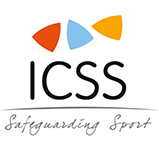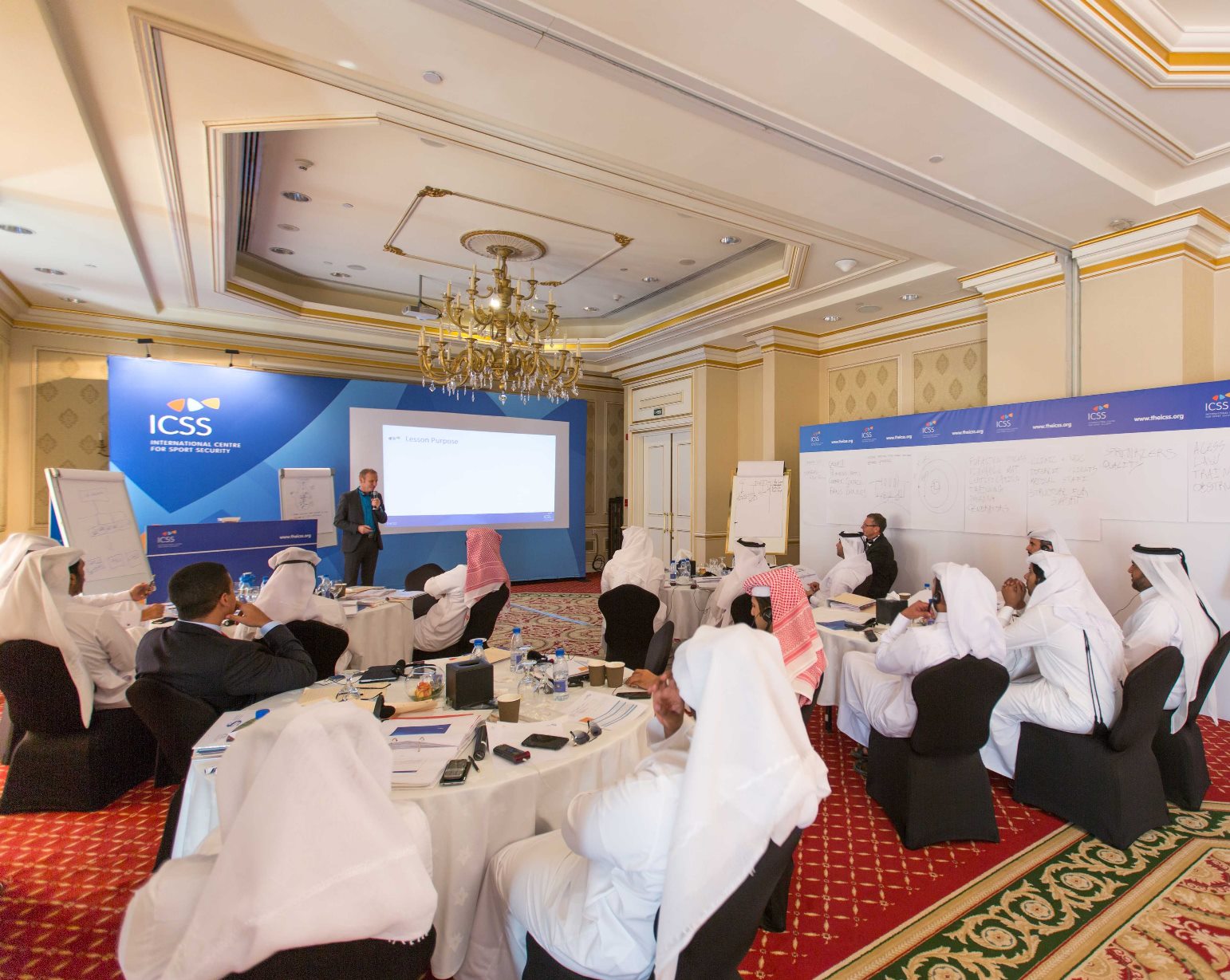ICSS Delivers Training Course on Securing FIFA World Cups
As part of its commitment to safeguarding sport, the International Centre for Sport Security recently completed a training course on Safety and Security at FIFA World Cups.
With the influx of tens of thousands of people, major sport events, including FIFA World Cups, require a substantial amount of planning and coordination between national, regional, and international authorities.
Governments, law enforcement agencies, intelligence, transport and police are all involved in securing a major sport event, making it an extremely complex operation.
With this in mind, the ICSS delivered a tailor-made training course that focused on outlining the requirements to deliver a safe and secure FIFA World Cup.
Course topics included:
- Overview of Safety and security at FIFA World Cups
- Risk and Security Environment
- Access Control
- Crowd Management and Control
- Emergency Management
- Safety and Security Responsibilities
- Command, Control, Communication
The course was delivered by ICSS experts Heinz Palme (2006 and 2010 FiFA World Cup), Malcolm Tarbitt (2010 FIFA World Cup), Andrew Cooke (2015 AFC Asian Cup) and Steven Fleming (2012 London Olympic Games).
In addition, sessions were presented by subject matters experts Andrey Reis (2014 FIFA World Cup), Andy Hollinson (crowd safety and security), David van Vuuren (2010 FIFA world Cup),
The course featured presentations, guided discussions, and innovative interactive activities by which groups were required to identify the safety and security issues that they thought would be the top priorities for future World Cups.
In response to the growing safety and security challenges facing sports events worldwide, the ICSS is dedicated to enhancing expertise through training and education in sport safety and security management.
Major event safety and security has increased in importance in recent years. In response to this threat, the ICSS has developed short courses and a certification program in conjunction with the SRH Heidelberg University in Germany.

